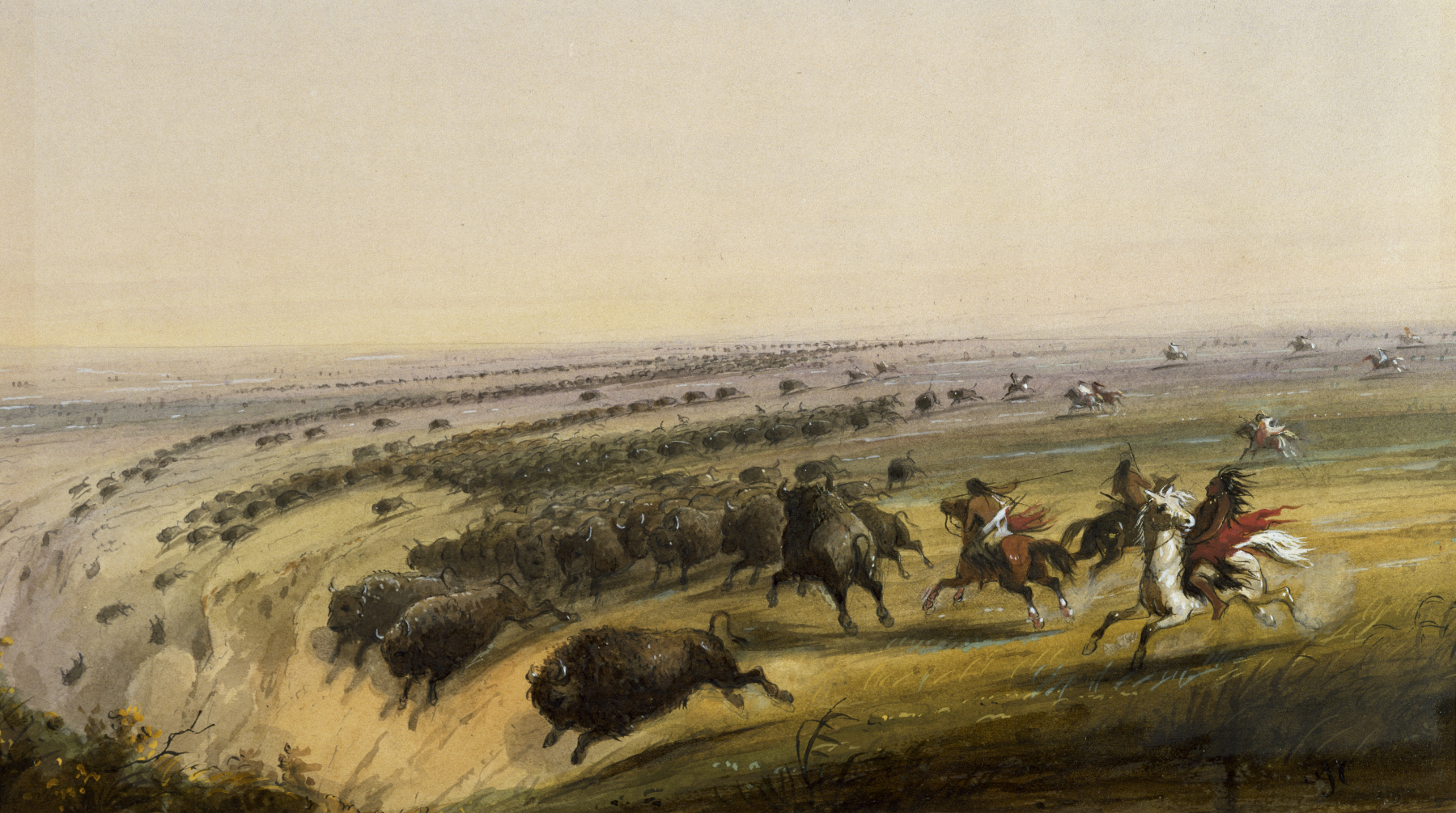Nor is it any healthier than meat, I've concluded; it's just healthy a little differently from meat. If at all, that is, considering current farming practices and indirect contaminants. While meat is a primary concern for anyone wishing to reduce their carbon footprint or waistline, the sheer quantity of food North Americans consume is disturbing. (I'm not pro-ana, this is a fact.)
I don't drink milk or take butter, but those slices or overshadowed by my fish and coffee, cocoa, nuts intake. What's concerning is how much dairy we consume without knowing it. Dairy tends to wind up in unexpected places, making it difficult to grocery shop with a milk allergy. Further complicating the matter, a milk allergy can involve one or a combination of many proteins in milk. And different combinations of these proteins are active within different products. Have fun trying to figure out which you're allergic to. There's even dairy products in vaccines, for crying out loud. I knew I avoided flu shots for a reason.
Domestic cows are not native to North America. Nor is wheat, for that matter. Years ago, Americans screwed up and nearly eradicated our native bovine species, the American bison.
Nor are bananas or coffee beans, yet these four food items have become staples in our diet. The modern gatherer can reap loads of diverse crops in a grocery store. A varied diet is good for you--it is a sign of prosperity, exclaims grocers across the continent, through a colourful presentation of exotic fruits and vegetables. Yet I can't help but wonder if herein lies the cause of obesity and universal wastefulness. As it seems, I'm not the only one.
I think the health argument is false. Before globalization, and trade, and exploitation, societies thrived on subsistence hunting/fishing and simple agriculture/livestock rearing. I think we shouldn't shy away from corn. Maize, a native plant to the Americas, is not a bad alternative for wheat, a habitual food from Eurasia. While undesirable in its present state, warped and colluded with other chemicals, corn has a lot to offer. As we have seen already, it is versatile. When done correctly, it is not difficult to grow. This is expected. Humans tend to grow a lot of things in silly places.
It can be argued that Canada requires food imports due to its cold climate, but there were people here before us, too! They consumed a fair variety of foods, which I have dubbed "the nomad diet". It is nutritiously sufficient, and not overly diverse. Here's a list of native plants and animals to North America; easily grown in private gardens for a self-sustainable diet.
Grains, seeds, and beans: maize, quinoa, sunflowers, common beans
Vegetables: potatoes, squashes (incl. pumpkins), mushrooms
Fruit: berries, pawpaws, grapes
Nuts: black walnuts, pecans
Animals: turkeys, ducks, fish, bison
There's not much selection, but it's nutritionally valid. For now, I'll just stick to not buying bananas, etc., though I can see myself living off corn, beans, and squash.


